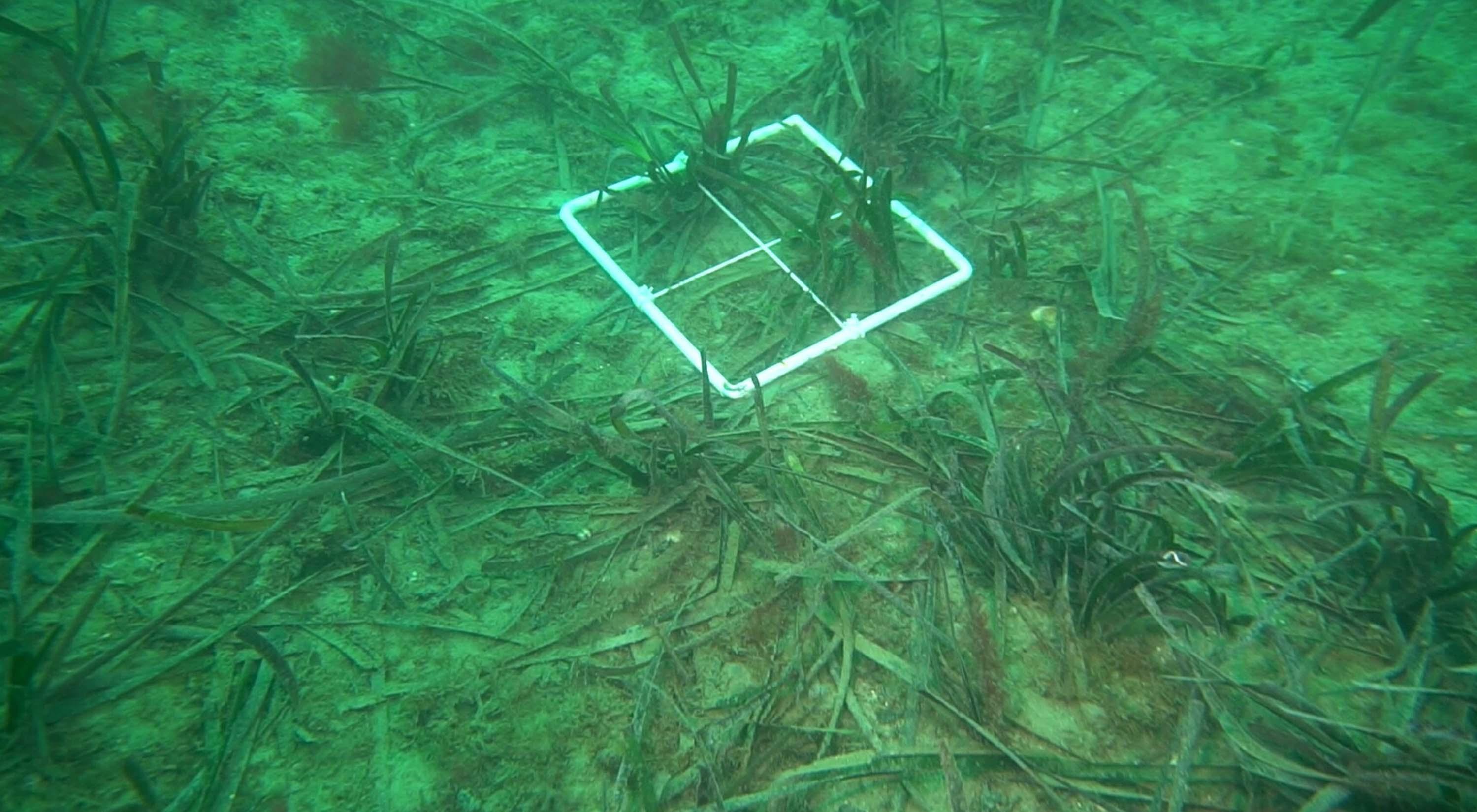
The alarming loss of seagrass meadows in the Dardanelles poses a significant threat to marine biodiversity, warns an expert.
Within the scope of the Scientific and Technical Research Council of Türkiye’s (TÜBİTAK) study, the effects of mucilage on seagrass meadows, which have an important place in marine biodiversity, were investigated by a team of 12 people in the Dardanos region.
Stating that marine organisms are crucial for the Dardanelles, Prof. Dr. İlknur Ak said that they carried out the studies to determine the status of seagrass meadows in the region, which create breeding, shelter and feeding areas for other living things distributed in the Dardanelles and increase the oxygen of the environment through photosynthesis.
The study revealed that the lower limit of the meadow distribution area has decreased from 16-17 meters to 14-15 meters in the last eight years.
“This is a bad situation for us because it is an indicator that Posidonia meadows are receding. Within the scope of this study, we have also started to carry out restoration works. We will get the results of this in the future, but the existence of these meadows is very important for us as it affects the biodiversity of marine organisms and their presence in this region,” Ak said.
The professor stated that one of the main reasons for the decrease in seagrass meadows in the region is the formation of mucilage in the Marmara Sea since 2021.
“In addition, we see that some human activities also negatively affect the condition of Posidonia meadows. And since mucilage reduces light transmission in seawater, we think that Posidonia meadows are negatively affected by this situation. Our studies are continuing, and our work on restoring and improving the condition of these meadows continues with the help of our faculty members,” Ak added.